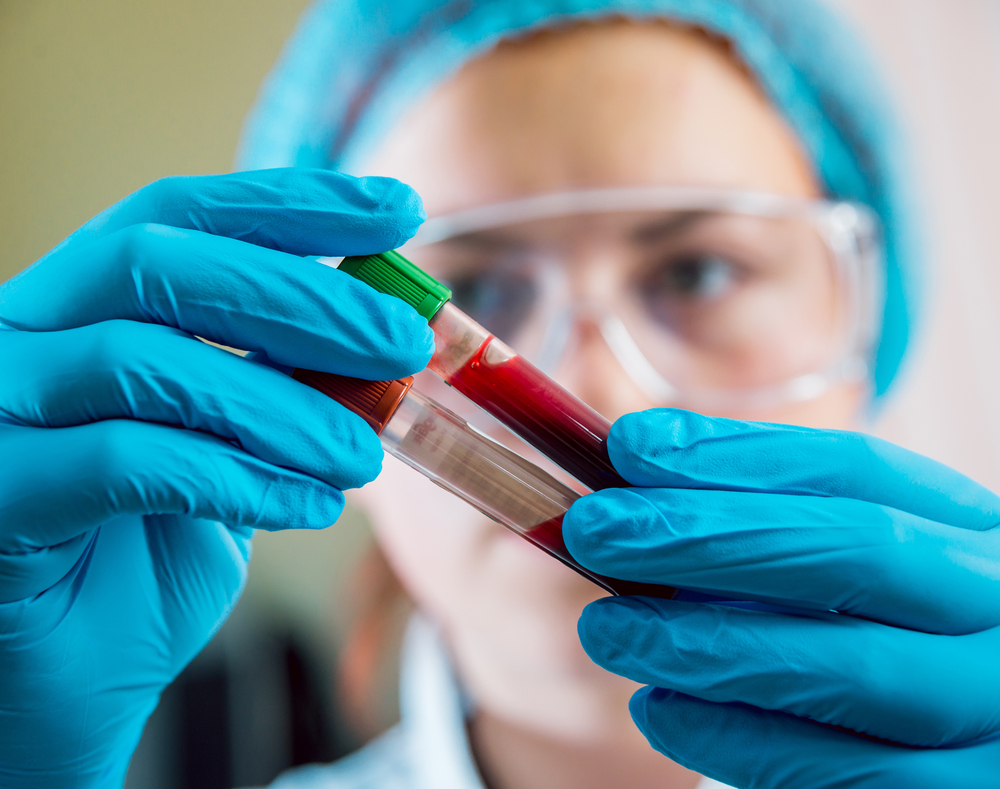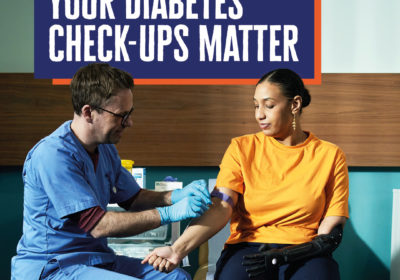 Doctors are being urged to only carry out urgent blood tests for the foreseeable future due to a major shortage of blood tubes.
Doctors are being urged to only carry out urgent blood tests for the foreseeable future due to a major shortage of blood tubes.
NHS England has told GPs to stop performing most blood tests until mid-September, and asked hospitals to cut their number by 25%.
Patients are being reassured that anyone who needs a blood test because their condition or symptoms require it, will still get one.
But where a clinician recommends that it’s safe to do so, then patients may be asked to come back for a test at a later date, or their appointment may be rescheduled.
The shortage of the plastic bottles, which are sent off to laboratories for analysis, has arisen because the NHS’s main supplier of blood collection tubes has not been able to keep up with demand for its products.
The supplier said the ongoing supply chain crisis was also a key factor, citing “continued transportation challenges that have affected all industries”.
The British Medical Association (BMA), the professional association and trade union which represents doctors, has heavily criticised the current situation, which BMA consultants committee chair Dr Vishal Sharma described as “shocking”.
Dr David Wrigley, BMA council deputy chair, said: “This crisis has put doctors and their patients in a terrible, unenviable position. No doctor knowingly undertakes unnecessary blood tests and to now have to ration all those we are doing, as well as cancel hundreds more, goes against everything we stand for as clinicians.
“However, if we don’t try to follow the NHS guidance, it’s clear we will get to the point where even the most clinically urgent of blood tests may not be able to be done as we simply won’t have the tubes for the blood to go into.
“We are at a very perilous point and it’s surprising that NHS England hasn’t declared a critical incident given the very strong possibility that NHS organisations may temporarily lose the ability to provide lifesaving diagnostic testing. We also call on NHS England to commit to the changes that are needed for their guidance to be properly followed by doctors, and provide patients with detailed, easily accessible information about the situation.
“Many GP practices – like mine – will now have to spend hours assessing which already scheduled tests can or cannot be cancelled and this takes time away from frontline patient care when it is most needed. Cancelling tests makes patients anxious and can mean a missed diagnosis.”
Remember: if your condition or symptoms change or get worse, please contact the NHS as you would normally.






